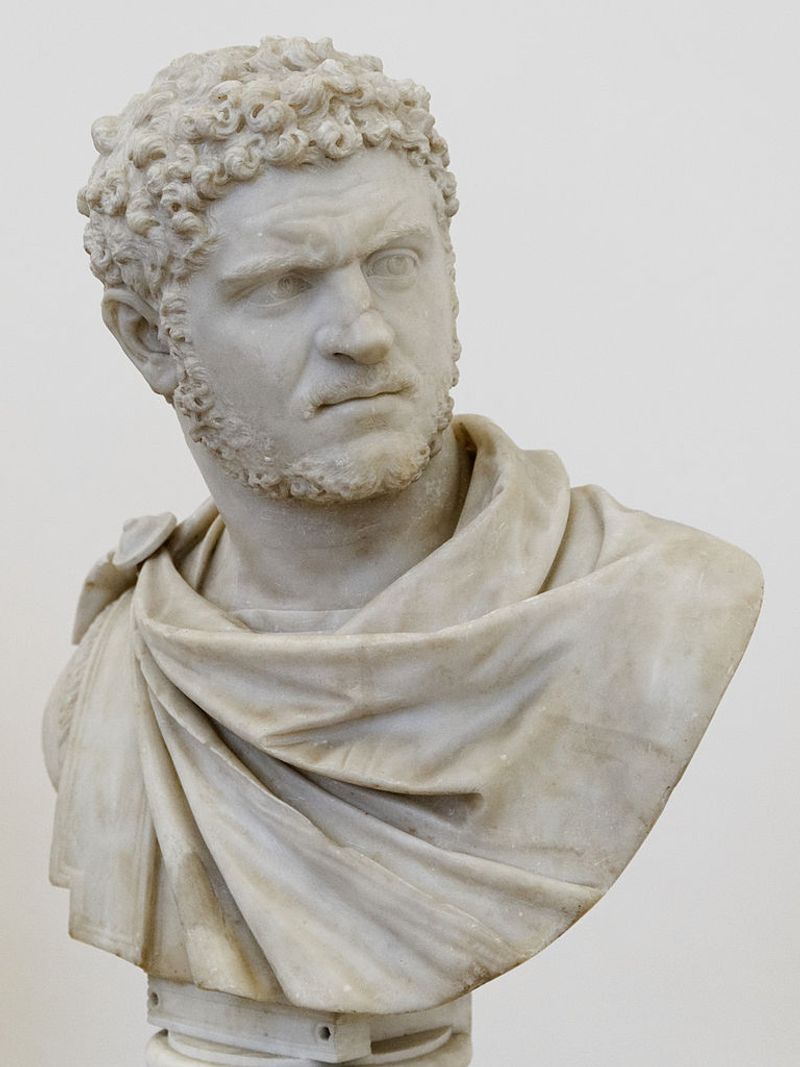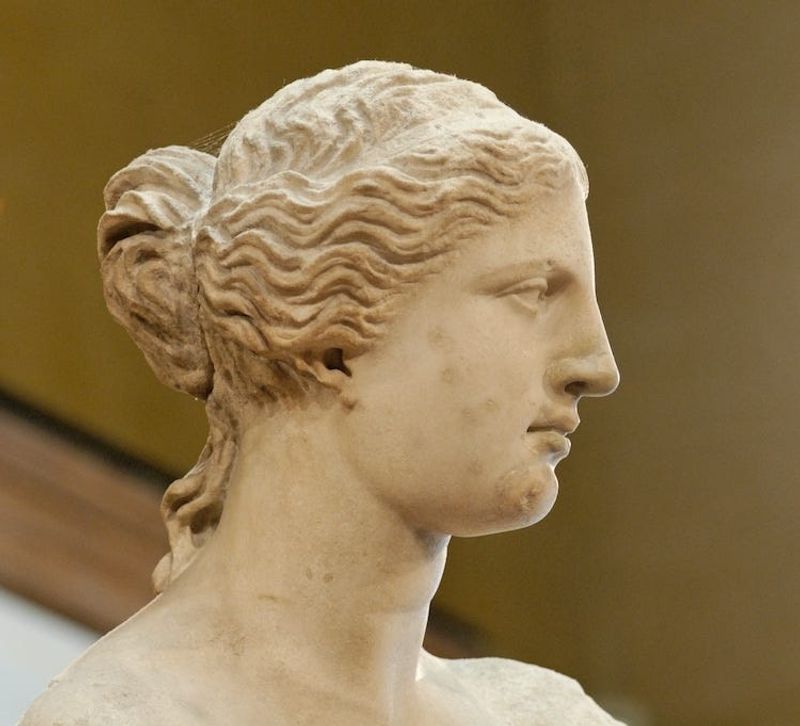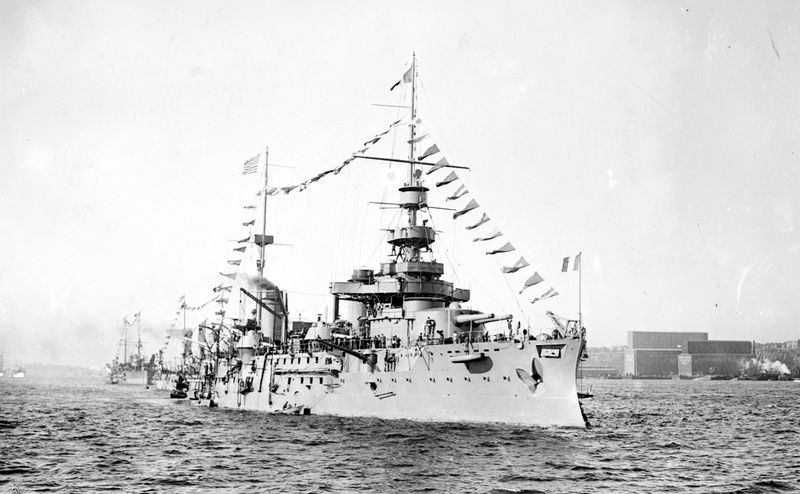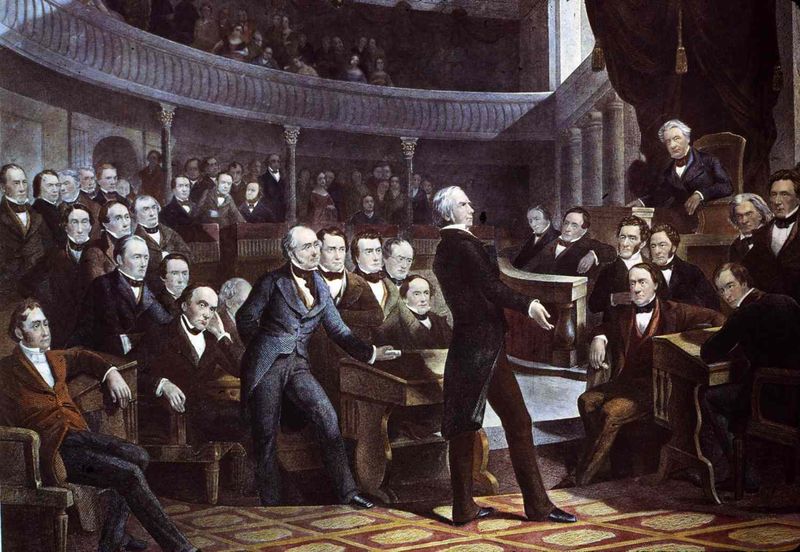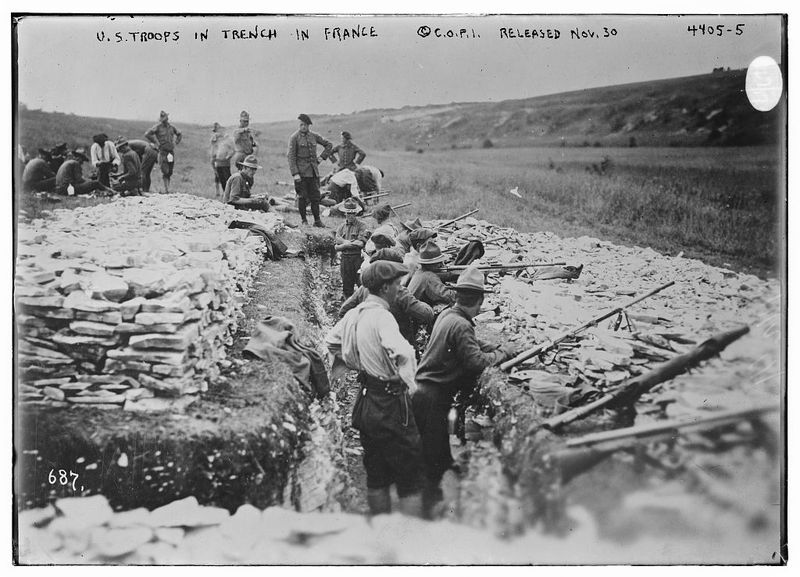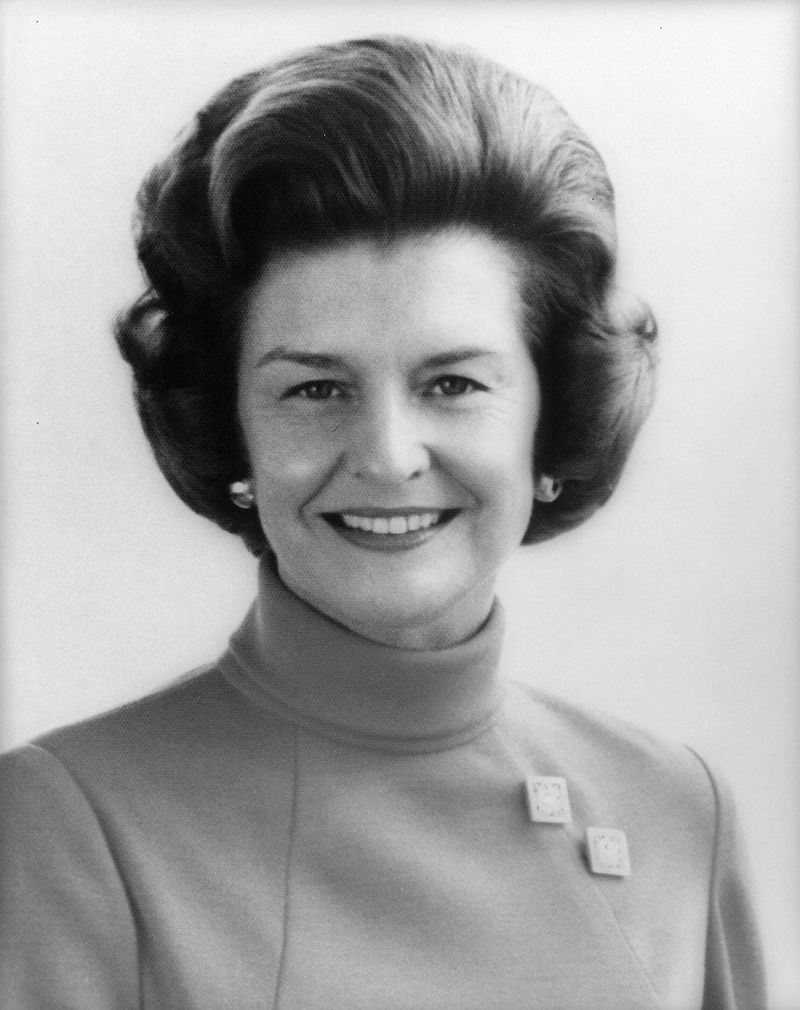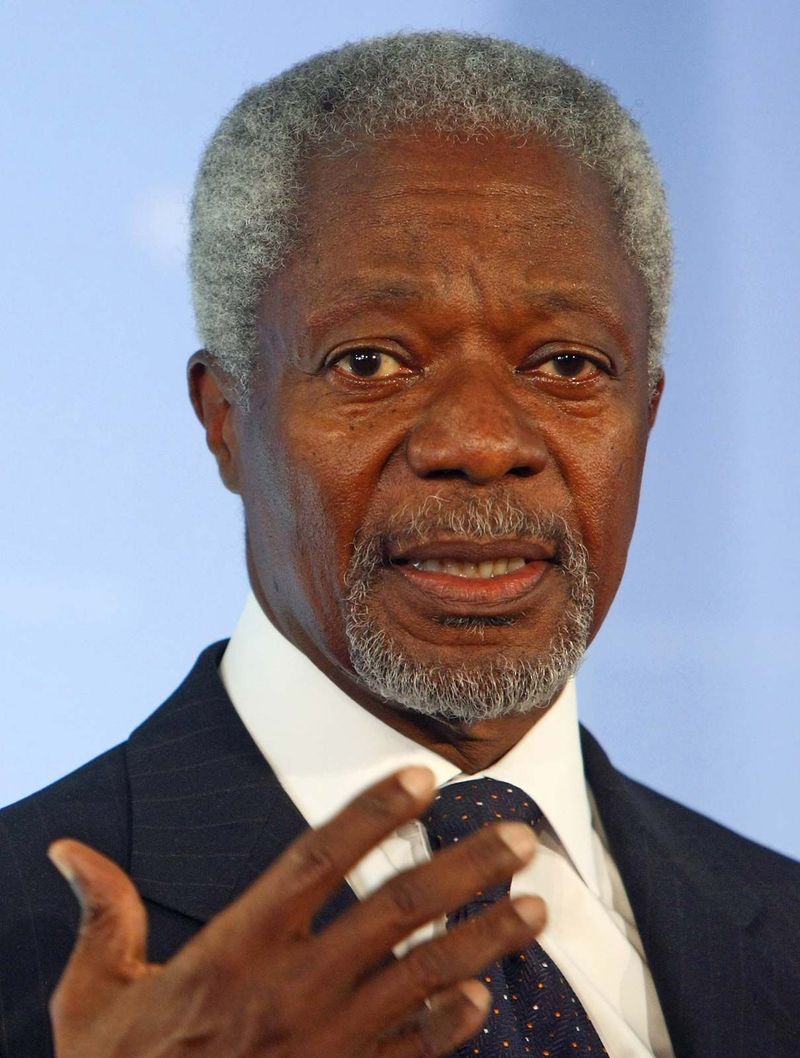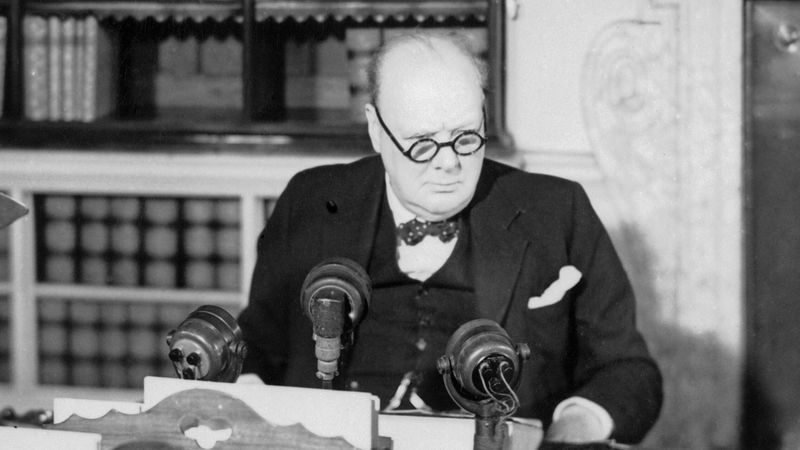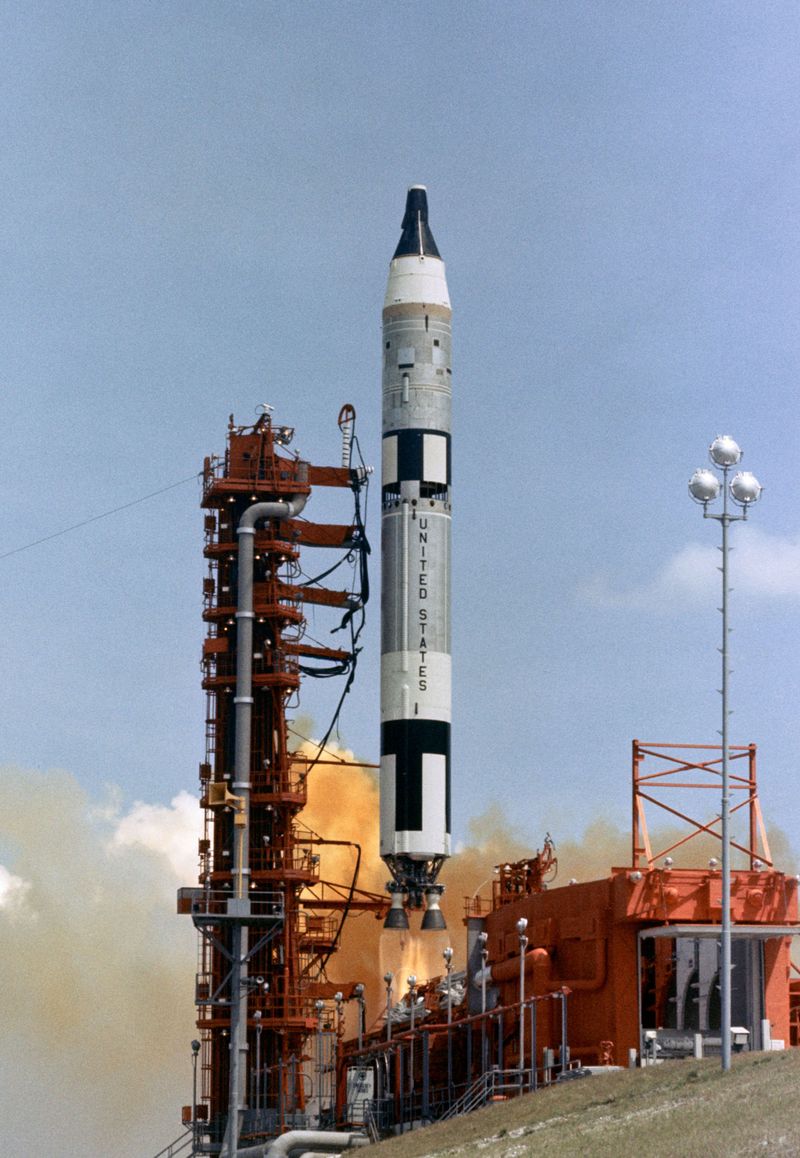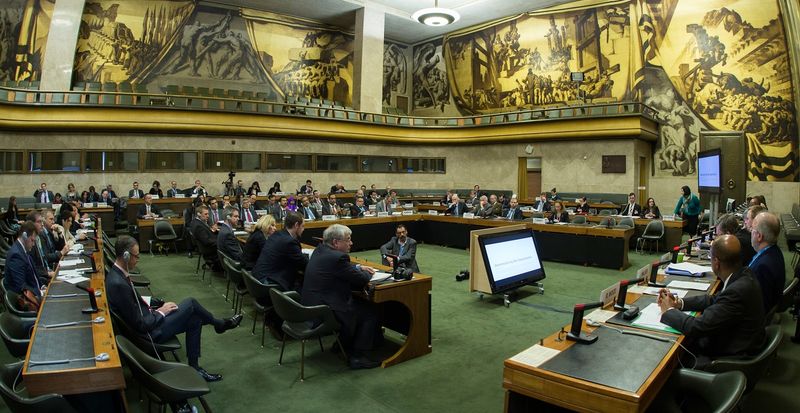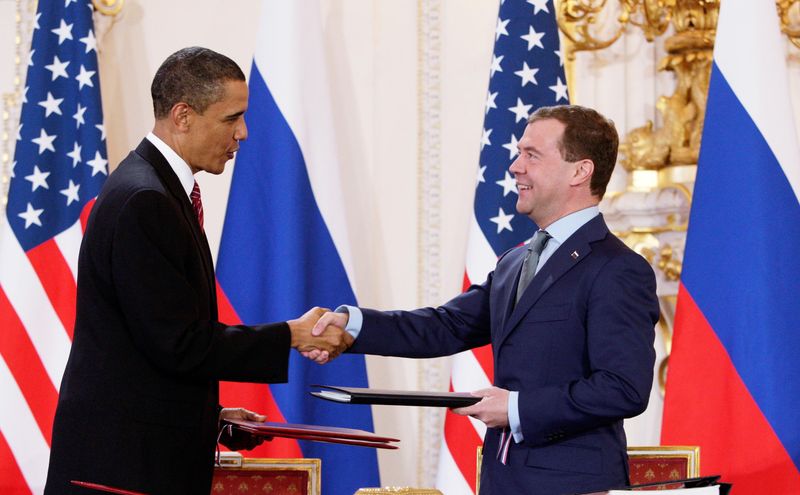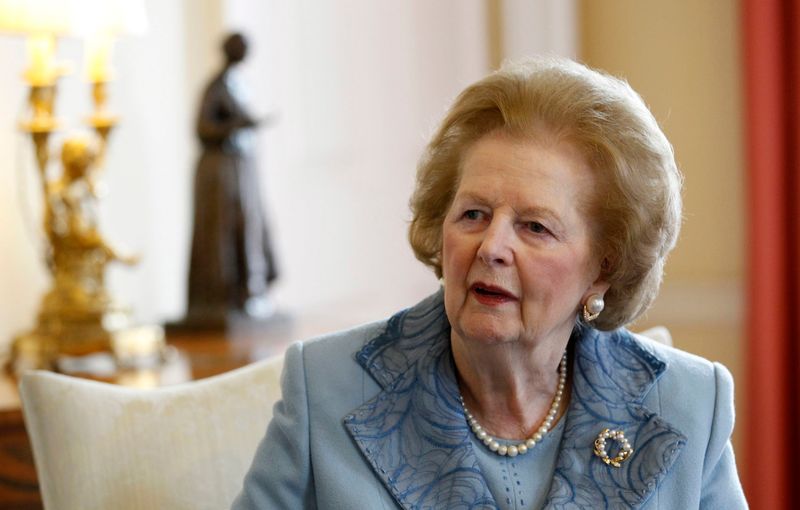April 8th is a day marked by pivotal events across history.
From scientific breakthroughs to major political milestones, this date has witnessed moments that have shaped the world.
Join us as we explore 20 significant highlights from this day, each with its own unique story and impact.
1. 217: Assassination of Emperor Caracalla
On April 8th, 217, the infamous Roman Emperor Caracalla met a treacherous end. Known for his ruthless rule and ambitious expansions, his assassination marked a significant shift in Roman politics.
Intriguingly, it happened on a roadside near Carrhae, where a soldier seized the moment to change history. Caracalla’s death unleashed a wave of uncertainty across the Empire, sparking intrigue and power struggles.
Imagine the whispers of conspiracy that echoed through the Roman Senate, and the cloak-and-dagger drama that unfolded. It was a moment steeped in both peril and opportunity.
2. 1820: Discovery of the Venus de Milo
April 8th, 1820, is etched in history with the discovery of the iconic Venus de Milo. Found by a humble farmer on the Aegean island of Milos, this statue captivated the world with its enigmatic beauty.
The scene was almost poetic—a hidden masterpiece revealed amid the rubble of time. As the farmer unearthed her, he could hardly imagine the cultural impact this figure would have.
Her graceful form, though armless, spoke volumes of ancient artistry and mystique, enchanting art lovers and historians alike. Today, she stands as a symbol of classical elegance.
3. 1904: Launch of the French Battleship Liberté
The French Battleship Liberté, a symbol of naval might, launched on April 8, 1904, embodied technological advancement. Its powerful artillery and robust design promised to fortify France’s maritime defenses.
Picture this mighty vessel cutting through the waters, its imposing silhouette a testament to engineering prowess.
Though its life was tragically cut short by a magazine explosion in 1911, the Liberté remained a proud representation of early 20th-century naval innovation.
The launch marked a significant moment in France’s naval history, reflecting the era’s focus on naval supremacy.
4. 1913: Ratification of the 17th Amendment (direct election of U.S. Senators)
On April 8, 1913, the United States took a pivotal step towards democratic reform with the ratification of the 17th Amendment. This amendment ensured that U.S. Senators would be elected directly by the people, enhancing the democratic process.
Previously, state legislatures elected senators, a system fraught with corruption and inefficiency. The change empowered the electorate, fostering a more direct connection between citizens and their representatives.
This milestone in American history underscored the nation’s commitment to expanding democratic ideals and increasing governmental accountability.
5. 1917: Intensification of U.S. Mobilization for World War I
April 8, 1917, marked a significant escalation in American involvement in World War I. As President Wilson rallied the nation, mobilization efforts surged, with young men enlisting and industries pivoting to war production.
The fervor in the air was palpable as communities united under a common cause, reflecting a nation ready to step onto the global stage. This period was characterized by patriotic fervor and a collective resolve to support the Allies.
The mobilization marked the beginning of America’s transformation into a formidable military power.
6. 1918: Birth of Betty Ford
Born on April 8, 1918, Betty Ford would go on to become a beloved First Lady and an outspoken advocate for social issues. Her early years in Grand Rapids, Michigan, laid the foundation for a lifetime of public service.
Through her work with the Betty Ford Center, she destigmatized addiction treatment, influencing countless lives.
Her candidness about personal struggles endeared her to the public, setting a new precedent for transparency in the White House. Betty Ford’s legacy is one of compassion and advocacy, making a lasting impact on American society.
7. 1938: Birth of Kofi Annan
April 8, 1938, saw the birth of Kofi Annan in Kumasi, Ghana, a figure who would rise to global prominence as the Secretary-General of the United Nations. His early life in Ghana was rich with cultural heritage, shaping his diplomatic acumen.
Annan’s tenure at the UN was marked by efforts to reform and strengthen international peacekeeping. His dedication to global peace and development earned him the Nobel Peace Prize in 2001.
Annan’s legacy continues to inspire those committed to fostering a more united and peaceful world.
8. 1939: First Televised Parliamentary Debate in the UK
The first televised parliamentary debate in the UK took place on April 8, 1939, heralding a new era of political transparency. In a world where radio had dominated, television brought politics into living rooms across the nation.
This event marked a shift in how citizens engaged with politics, fostering a more informed electorate. The visual medium allowed for a deeper connection between politicians and the public.
Television’s role in politics would only grow, shaping public discourse and political campaigns for generations to come.
9. 1965: Launch of the Gemini 1 Spacecraft
On April 8, 1965, NASA launched the unmanned Gemini 1 spacecraft, a critical step in the race to the moon. This mission tested the structural integrity of the Gemini series, paving the way for future manned missions.
The successful launch demonstrated technological advances and set the stage for the Gemini program’s role in bridging the gap between Mercury and Apollo missions.
Gemini 1’s journey was a testament to human ingenuity and ambition, pushing the boundaries of space exploration.
10. 1966: Birth of Robin Wright
Born on April 8, 1966, Robin Wright emerged as a versatile actress known for her powerful performances. Her upbringing in Texas and California shaped her artistic sensibilities and resilience.
Wright gained fame with her role in “The Princess Bride,” showcasing her talent and charm to a global audience. Her career continued to flourish with standout performances in “Forrest Gump” and “House of Cards.”
Beyond acting, she has been an advocate for women’s rights and humanitarian causes, using her platform to effect change.
11. 1974: Hank Aaron’s 715th Home Run
On April 8, 1974, Hank Aaron shattered Babe Ruth’s long-standing record with his 715th home run. This historic achievement took place in Atlanta, Georgia, amid raucous cheers and a wave of emotions.
Aaron faced immense pressure and racial barriers throughout his pursuit, making his triumph all the more significant. His perseverance and talent inspired countless fans and aspiring athletes.
Hank Aaron’s legacy in baseball transcends records; it’s a story of courage, determination, and breaking barriers.
12. 1990: Death of Ryan White
April 8, 1990, marked the passing of Ryan White, a young boy who became the face of the fight against AIDS-related discrimination. Diagnosed with HIV from a contaminated blood treatment, White faced intense prejudice.
His courage in the face of adversity rallied support and awareness, leading to significant changes in public perception and policy regarding AIDS.
Ryan’s story continues to inspire compassion and advocacy, reminding us of the power of one individual’s perseverance in the face of societal challenges.
13. 2005: Breakthrough in Stem Cell Research Announced
On April 8, 2005, a landmark discovery in stem cell research opened new avenues for medical science. Scientists announced the potential for stem cells to regenerate damaged tissues, offering hope for numerous conditions.
This breakthrough promised to revolutionize treatments for diseases like Parkinson’s and diabetes, showcasing the potential for regenerative medicine.
The announcement ignited worldwide interest and debate, highlighting the ethical considerations alongside scientific progress.
14. 2008: International Nuclear Disarmament Summit Held
The International Nuclear Disarmament Summit on April 8, 2008, brought together global leaders to address the pressing issue of nuclear weapons reduction. Held in a spirit of cooperation, the summit aimed to foster dialogue and build consensus.
Discussions focused on dismantling existing arsenals and preventing proliferation, with a shared vision of a safer world. The summit was a pivotal moment in international relations, reflecting a collective commitment to peace and security.
15. 2010: Signing of the New START Treaty
On April 8, 2010, the New START Treaty was signed, a critical arms reduction agreement between the United States and Russia. Held in Prague, this treaty aimed to limit the number of strategic nuclear warheads.
The agreement represented a move towards greater transparency and trust between the two nations, signaling a commitment to reducing nuclear tensions.
This landmark treaty underscored the importance of dialogue and diplomacy in maintaining global stability.
16. 2013: Death of Margaret Thatcher
April 8, 2013, witnessed the passing of Margaret Thatcher, the formidable “Iron Lady” of British politics. Her tenure as Prime Minister was marked by decisive leadership and controversial policies.
Thatcher’s impact on the United Kingdom was profound, with economic reforms that reshaped the nation’s landscape.
Her legacy continues to evoke both admiration and debate. Her passing marked the end of an era, leaving behind a complex and enduring political legacy.
17. 2015: UN Releases Landmark Climate Change Report
On April 8, 2015, the United Nations released a groundbreaking report on climate change, highlighting urgent environmental challenges. The report called for immediate action to mitigate the impacts of global warming.
With scientific data and projections, it underscored the need for international collaboration to address the climate crisis. This report galvanized governments and organizations worldwide, emphasizing the critical nature of environmental stewardship.
18. 2018: Debut of a Groundbreaking Art Installation at an International Exhibition
April 8, 2018, saw the debut of a groundbreaking art installation that captivated audiences with its creativity and innovation. The piece, featured at an international exhibition, challenged traditional boundaries of art.
Its interactive elements and bold design invited viewers to engage with the art on a personal level, sparking conversations about the nature of creativity. This installation highlighted the transformative power of art, inspiring both artists and audiences alike.
19. 2020: Global COVID-19 Vaccine Research Collaboration Announced
On April 8, 2020, an unprecedented global collaboration was announced to accelerate COVID-19 vaccine research. Scientists and organizations united across borders, pooling resources and expertise.
This cooperation aimed to expedite the development of safe and effective vaccines, a critical step in combating the pandemic.
The announcement underscored the importance of international solidarity in addressing global health crises and paved the way for lifesaving advancements.

